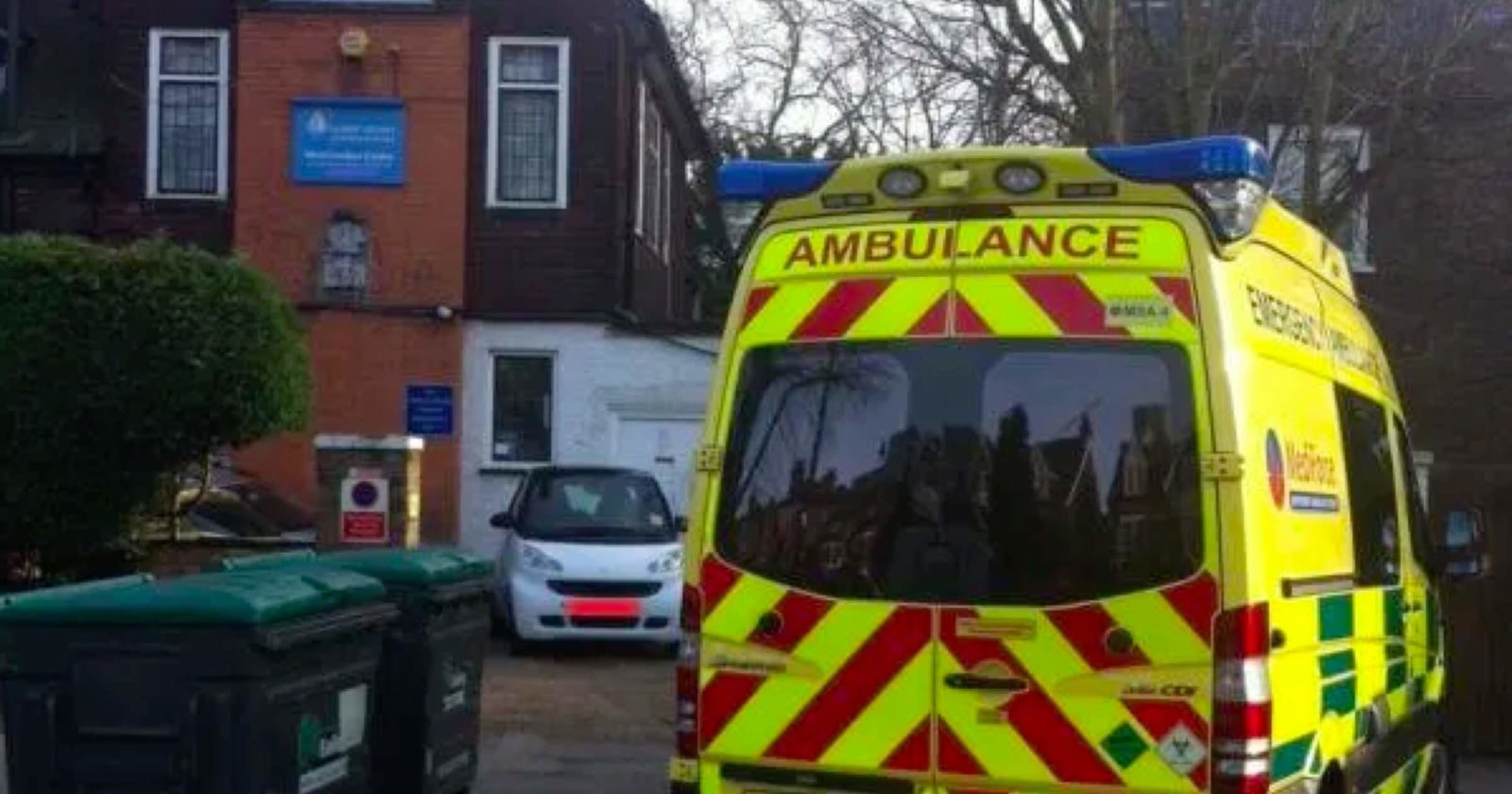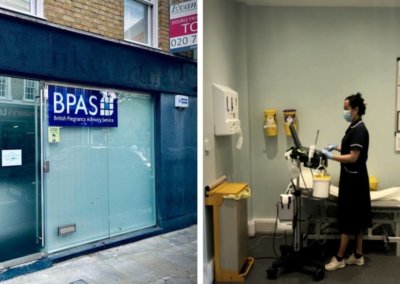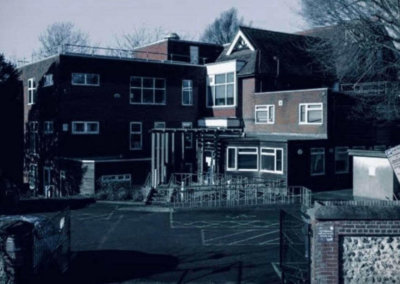The Care Quality Commission (CQC) hasn’t carried out a routine inspection on an abortion clinic in over the past two months, despite rating over 60% of them as “inadequate” or “requires improvement” on safety grounds.
The CQC states its purpose, as the independent regulator of health and social care in England, is to ensure health and social care services provide people with safe, effective, compassionate, high-quality care.
In response to a litany of ongoing health concerns at abortion clinics, the health watchdog introduced a mandatory rating system for all health and social care services in 2017.
Since then, the CQC has rated 121 (59.3%) abortion clinics in England as “requires improvement,” on safety grounds, with nine (3.75%) more rated “inadequate.”
In recent months, the CQC has released alarming reports detailing health and safety abuses at two of the largest abortion clinics in the UK.
Yet, despite these damning reports, the CQC announced on 16 March it would be suspending all routine inspections during the coronavirus crisis
Ian Trenholm, Chief Executive of CQC, said: “During this period, our priority will be to support those who deliver health and social care to keep people safe during this global health emergency.”
Earlier this month, it was suggested inspections could resume if it received new information that results in serious concerns about actual or possible avoidable significant harm, abuse, or breaches of human rights.
However, according to the CQC’s care directory no new inspection reports have been published since 31 March 2020.
When asked earlier this month when it expects to resume more regular inspections of services, the regulator told the Health and Social Journal it is developing a “longer term recovery plan” but provided no further details.
A spokesperson for Right To Life UK Catherine Robinson, has urged the CQC to resume inspections immediately, saying: “If the CQC really wanted to prioritise keeping people safe during this global health emergency they would hold abortion clinics to account particularly given recent damning reports.
“The figures released recently on the number of abortion clinics requiring improvements on safety grounds, combined with the continuous shambolic example of abortion ‘services’ in Merseyside, display perfectly the callous disregard for health and safety from the abortion industry. Abortion providers receive tens of millions of pounds of taxpayer money annually, but are continuously found to be placing the health and safety of their patients at risk.
“The Care Quality Commission notes the safety in a majority of abortion clinics requires improvement but the only real improvement that can be made to abortion clinics, for the lives of both women and unborn babies, would be for them to be closed.”
Earlier this year, inspectors found an abortion clinic in London which specialises in late-term terminations was putting the lives of women at risk with incompetent staff, who had not completed life support training, and equipment that was not in “good working order”.
The British Pregnancy Advisory Service’s abortion clinic in Streatham performed 4,404 abortions in 2018, including 491 late-term abortions on babies at 20 weeks’ gestation or later – making it the second-largest number of late-term abortions in the UK in 2018.
In their report, the CQC notes that two serious incidents and 76 clinical incidents occurred at the clinic between April 2018 and April 2019.
However, this is likely only the tip of the iceberg as inspectors discovered that “staff did not always report incidents as they felt there was a blame culture”.
One staff member even disclosed to an inspector, “if you raise concerns then you have to face the consequences. I have learnt to keep quiet”.
Alarmingly, only nine of the clinic’s twenty-four members of staff had received training to spot and treat sepsis, which is the leading cause of maternal death in the UK.
In November, the CQC handed BPAS Merseyside the worst rating of any private abortion provider since the new rating system was introduced.
The health regulator was contacted by the local NHS trust who “raised concerns regarding the frequency of patients coming to them from BPAS Merseyside”.
Inspectors found six cases of women who “required urgent medical attention due to complications and were transferred from the service to another healthcare provider between January and December 2018.”
They also found that BPAS Merseyside “staff did not consistently adhere to the infection prevention and control measures specified by the service” including not washing hands, not securing clinical waste, and using out of date equipment.
This is not the first time that the Care Quality Commission has raised concerns about the care given to women at BPAS Merseyside, which performed 4,585 terminations in 2018 – placing it among the top 10 abortion providers in the country.
In 2017, the CQC found 16 serious incidents had occurred in which patients were admitted to hospital for emergency treatment over a period of three years. Over the same period, 11 women were transferred for emergency hospital treatment after suffering serious injuries, including eight cases in a 15 month period from January 2015 – March 2016.
A surgeon contracted by the clinic has been struck off the medical register for endangered at least three women’s lives during abortions carried out in May and June 2017.
In 2016, Marie Stopes International was forced to suspend abortion services for a month after an unannounced inspection by the CQC “found dead foetuses lying in an open bin and staff trying to give a vulnerable, visibly distressed woman an abortion without her consent”.












